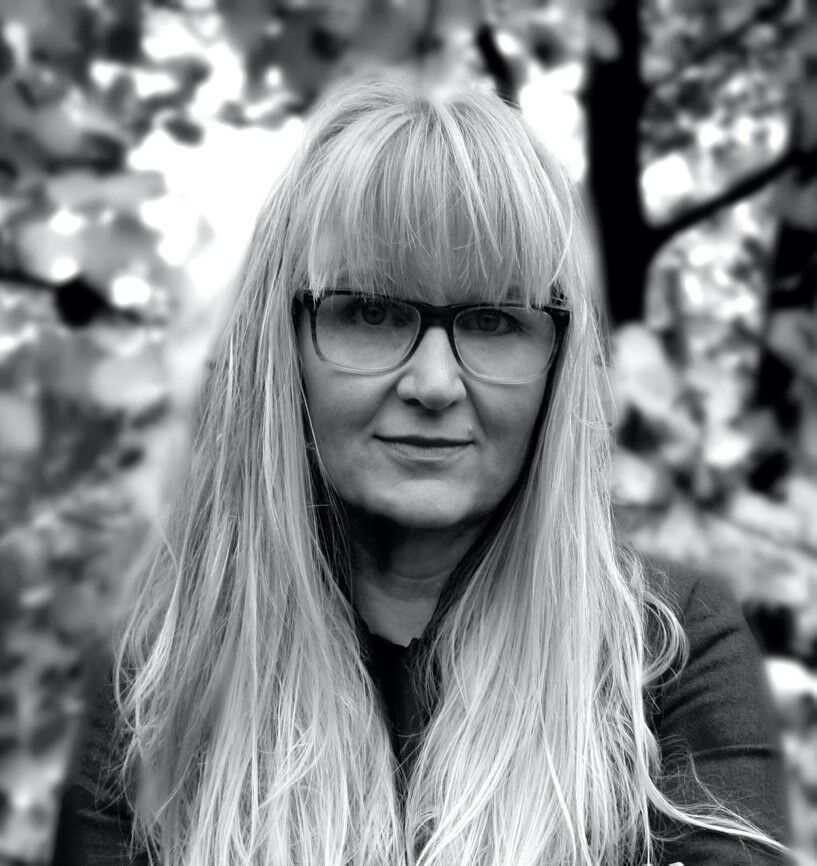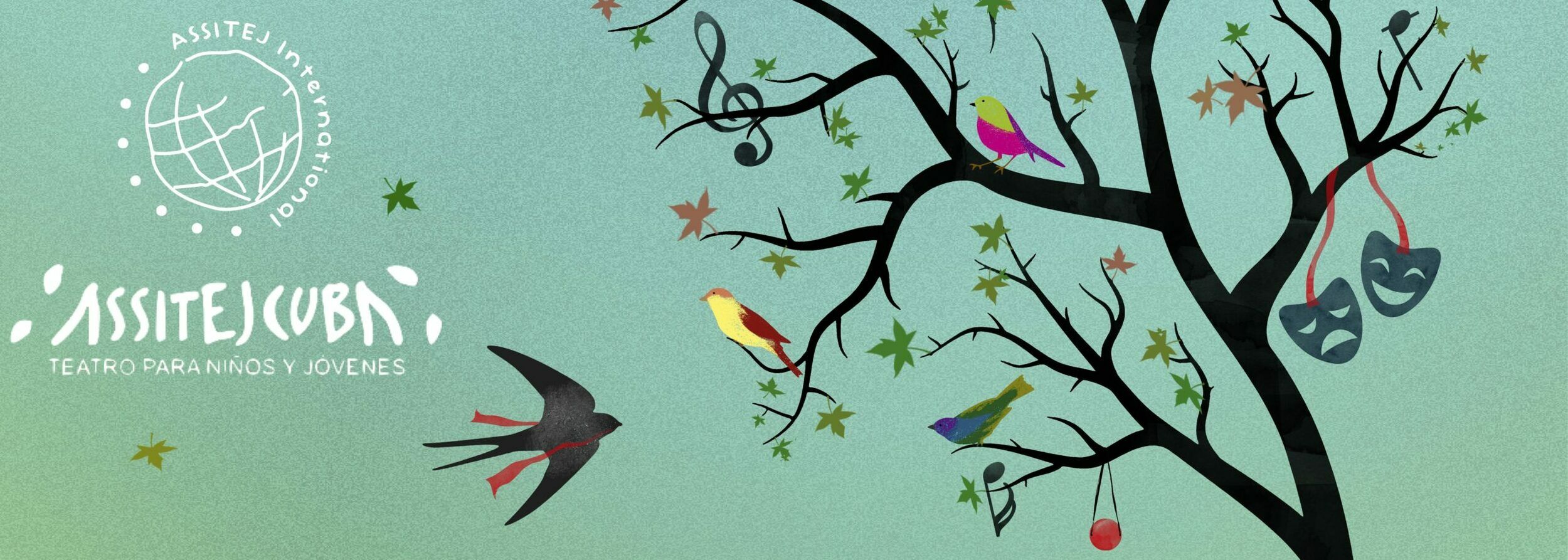By Annika Bromberg
Finally, it was the fires that plagued Sweden during the summer of 2018 that spurred my awakening. Our forests were burning, and I found it impossible to close my eyes to the fact that climate change was, without a doubt, a significant threat. The lack of knowledge or concrete tools applied to sustainability in the performing arts led me, in the autumn of 2020, to enroll in a master’s degree programme in International Performing Arts at the Stockholm University of the Arts (SHK). I chose to investigate what concrete tools performing artists, institutions and industry organisations in Sweden, Denmark and Norway had presently at their disposal, and how strategic sustainability work could be organized and initiated. My year of study culminated in a paper; Klimatet, vår viktigaste berättelse [Climate, our most important story].
The (un)sustainable Performing Arts
The performing arts in their production processes and touring have a lot of ground to cover when it comes to adjusting to climate change. As a set designer, I seek to be involved in influencing how we can switch to a more circular production. There may already be structured sustainability work in the theatres, however since few institutions request that we freelance artists are involved in the issue, we find it difficult to contribute our expertise. I love my work as a set designer, but in my professional life I cannot ignore our responsibility to reflect on production methods and seek knowledge we need within the profession, to limit the use of resources and our impact on the climate. What is sustainable scenography and costume design? How can the performing arts give form to the challenge we face, the conflicts and the opportunities that a transition to sustainable societies presents us with? No employer has yet demanded that I, as a freelance artist, work to reduce the theatre’s CO2 emissions, but that does not affect my realisation and knowledge that the threat of global warming is acute and that I must act.
Sustainability police or artist?
In the work with the study, I investigate the dilemma between being both an artist and a sustainability conscious person involved in an artistic process. I find myself conflicted when I want to be a good “sustainability policeman,” and at the same time create mind-blowing sets and costumes. Will I be offered assignments in the future if I insist on demanding that we work with sustainably as a guiding principle? Will artistic freedom be affected when we begin to limit our use of resources? The results of the study show that in other countries the industry has come a long way. Denmark and Norway have come much further in their sustainability work than Sweden where we still lack common tools, goals, and plans of action. It is high time that the issue was taken seriously, raised to the senior management level, and that artists are included in these efforts.

Behavioural Changes
At a lecture I attended in the spring of 2021 on Creative Climate Leadership, a programme dedicated to galvanising artists and cultural professionals to act on the climate crisis, academic researcher Kim Nicholas stressed that we needed help to go from “knowing the world” to “knowing how to act in the world.” We simply need more knowledge in order to be able to make sustainable choices in a world that is constantly in a state of change. We urgently need to find methods for how we can disseminate knowledge, so that not everyone needs to begin everything from the beginning. The risk is that performing arts institutions first want to complete their sustainability assessments and then write reports on them. We want to show that we do things correctly. What we need to do is act; even if we don’t know exactly where we are going. The work to facilitate change is something we can communicate to our audience. Will the audience then start demanding green performing arts? In the book Klimatpsykologi [Climate Psychology] (Anderson et al., 2019), the authors write “dealing with the climate threat is about behavioural change and above all a change in behaviour that has a big impact and leads to a rapid effect. We must take the first step in the journey of sketching out on a map how we will bring about behavioural change.” The theatre is a room established for conversation and dialogue. Here, together with the audience, we can dare to think in a new way and shape these new thoughts about our common future.
It’s High Time to Increase the Pace
What can we, as individual artists, contribute? Must the responsibility to facilitate change in our working methods rest solely with us? What will it take for sustainability efforts to start on a broad front? In the short-term perspective, I see interdisciplinary networking and platform building as a necessary prerequisite. We need to build a knowledge base and find methods for sharing of knowledge. Over the longer term, we need to develop joint climate action plans to guide our efforts. All professions have access to tools to guide our work, this should be self-evident.
I think we need to operate on all four levels simultaneously.
- The industry organisations need to take their responsibility seriously and start a national climate effort in the performing arts, one that includes the artists.
- Universities and academies with aesthetic programmes need to develop and integrate sustainability in their teaching.
- The performing arts institutions need to initiate an active programme of sustainability work, designed in collaboration with artists.
- Action and response plans should be made available to individual artists.
It is high time to increase the pace, hook our arms together, and act, even if we do not yet have all the answers. In the end, we can only ask ourselves, “What can I do, myself?”
About Author
Annika studied set and costume design at Dramatiska Institutet, Stockholm. She has designed sets and costumes for approximately 85 productions, mostly in Sweden but occasionally abroad. Several of her productions were selected to perform at the Swedish Performing Arts Biennale.
Annika has been a guest lecturer in production design at Södertörn University in Stockholm and at Göteborg University in Gothenburg. She sits on the board of the Swedish Stage Designers Guild, and she has recently joined a new, European expert group tasked with developing sustainability guidelines for audiovisual production, on behalf of FIA and Swedish Union for Stage and Film. This year, Annika completed a master’s degree at Stockholm University of the Arts with a focus on international performing arts and sustainability.
Annika is currently working on two productions, In memoriam at Riksteatern and Landsbyggdsupproret/The Rural Uprising at Folkteatern Gävleborg, where she will be working regularly over the coming five years.
Annikas homepage: https://bromberg.se/












